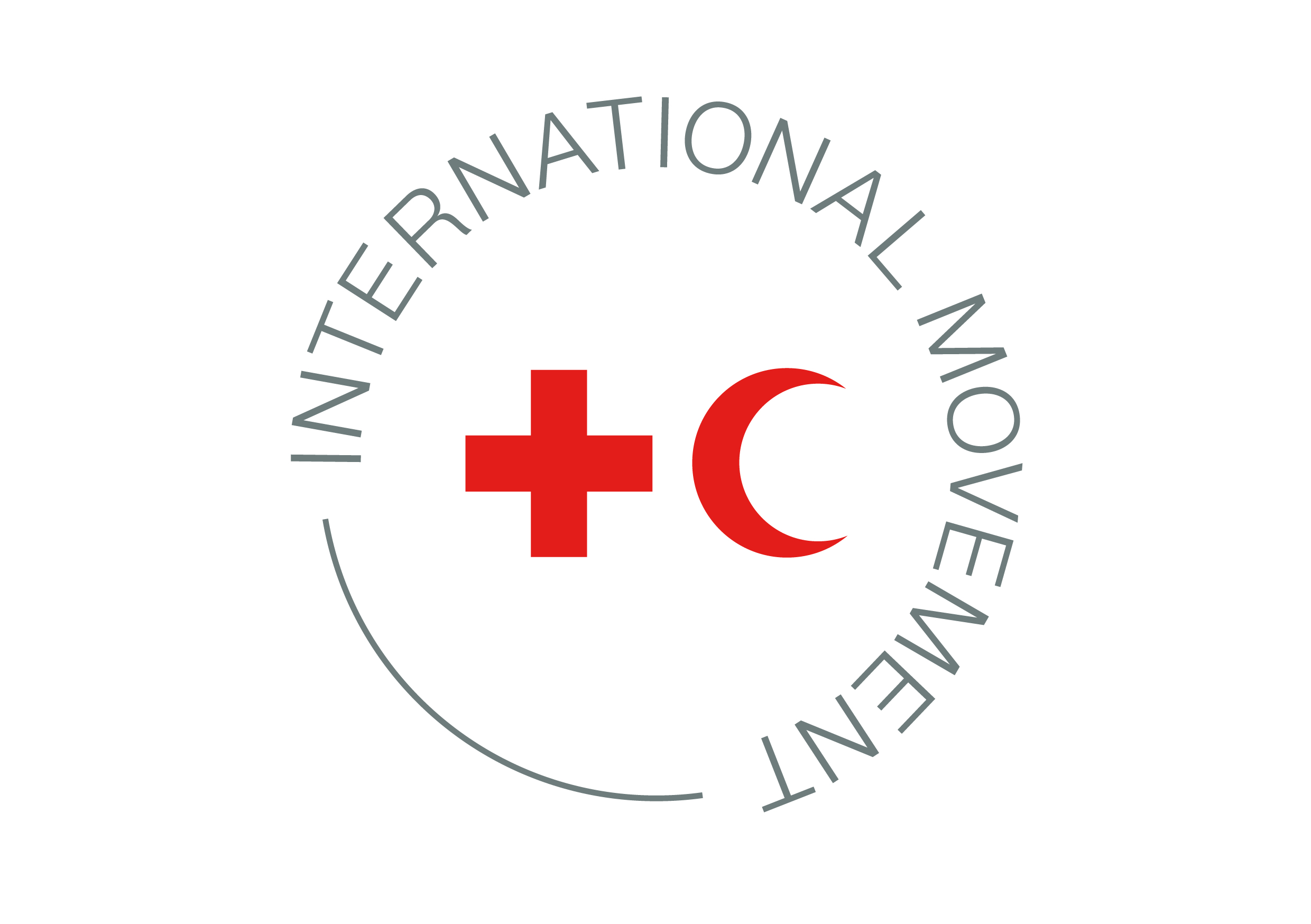Actions taken:
In September 2017, at the UN General Assembly, the UK also launched the Principles for Global Action: preventing and addressing stigma associated with conflict-related sexual violence. These have been used by organisations including the UN, for example, as part of the Stigma Alleviation Program in Bosnia and Herzegovina.
In March 2017, the United Kingdom launched the second edition of the International Protocol on the Documentation and Investigation of Sexual Violence in Conflict. The revised edition contains new guidance on investigating and documenting conflict-related sexual violence against children and male victims, further guidance on trauma and a focus on analysing evidence and establishing patterns of violations. It has been translated into ten languages including Albanian, Arabic, Bosnian, Burmese, French, Kurdish, Serbian, Spanish and Swahili. The International Protocol remains a living document that can be updated as best practice evolves and based on feedback received. It has made a practical difference to the fight against the impunity surrounding sexual violence in conflict by boosting the capacity of states to prosecute offenders and offer justice to victims and encouraging human rights defenders and grass roots organisations to press for specific changes to domestic legislation. It has been used by many NGOs and international organisations, including the International Criminal Court (ICC) and Office for the United Nations High Commissioner for Human Rights (OHCHR). The UK has also used it to provide capacity building to practitioners in countries including Syria, the Democratic Republic of the Congo and Bangladesh in the context of the Rohingya crisis
Campaigns and milestones
End Stigma Campaign
- In 2016, the UK increased its work to tackle stigma and challenge the negative attitudes and misunderstandings that cause further suffering to survivors and children born of rape.
- Throughout 2016/2017, we held a series of workshops on tackling stigma, bringing together survivors, experts, local governments, civil society, media and faith groups to identify and understand some of the issues with and challenges to tackling stigma.
- Workshops took place in a number of countries, including Burma, Colombia, Iraq, Kosovo, Nepal, Nigeria, Rwanda, Somalia, Sri Lanka and Uganda.
- Findings from these workshops were discussed at a UK conference hosted by Baroness Anelay in November 2016, which informed the Principles for Global Action, a set of principles and recommendations to help inform the work of donor governments and the international community in this area.
- Since 2016, the UK also provided financial support to projects to tackle stigma in countries such as Colombia, Mexico, Nepal, Nigeria, Somalia, the DRC, South Sudan and Uganda. Most recently, we have provided financial support for projects to support male survivors in Syria.
- These projects have helped identify the political, social and economic consequences of stigma, and contributed to combating it by working with faith leaders, community members and youth groups to change attitudes and improve response systems.
In June 2018 the UK hosted the launch of UK-funded research on supporting children born of sexual violence.
In September 2018, Lord Ahmad co-hosted a roundtable event at the UN General Assembly high-level week on preventing sexual violence in conflict with the UN Special Representative of the Secretary-General on Sexual Violence in Conflict.
In November 2018, the UK hosted a PSVI Film Festival ‘Fighting Stigma through Film’. It brought together governments, international organisations, civil society, survivors, parliamentarians and the public to raise awareness of this abhorrent crime and encourage commitments to further action. It also provided a capacity building opportunity for young female and male filmmakers from conflict-affected and Commonwealth countries so that they could take forward the fight against impunity and stigma. In follow up, the UK has launched a film competition for filmmakers from around the world to enter PSVI related films and providing a chance for filmmakers to build their profile and showcase their talent to a global audience.
In February 2019, the UK hosted a Wilton Park conference with a broad range of stakeholders and technical experts to identify practical steps for delivering justice for survivors and holding perpetrators to account. Concrete recommendations for action by governments, international agencies and civil society organisations (CSOs) are being taken forward, shaping deliverables for the PSVI International Conference in November and beyond.
Preventing Sexual Violence in Conflict
- The UK Ministry of Defence provides relevant pre-deployment training on PSVI issues to all UK troops before they deploy overseas.
- The training includes practical activities, simulating scenarios which troops might encounter in the field.
- The UK Military provides training on sexual and gender-based violence to partner nations, including Troop Contributing Countries.
- For example, the British Peace Support Teams in Eastern Africa and Southern Africa provide sexual and gender based violence training to African peacekeepers deploying to operations including the African Union Mission in Somalia (AMISOM), the UN mission in DRC, to the Eastern Africa Standby Force (EASF) and to pan-African students through courses at the Ethiopian Peace Support Training Centre, the International Peace Support Training Centre in Kenya, and the Rwandan Peace Academy.
- Training on sexual violence issues is included in the modules on Law of Armed Conflict, and has also been provided to the Kurdish Peshmerga in Iraq.
Forward look
In November 2019, the UK will host a PSVI international conference ‘Time for Justice: Putting Survivors First’ on tackling sexual violence in conflict. The event will mark five years since the Global Summit to End Sexual Violence in Conflict. Lord Ahmad, the Prime Minister’s Special Representative on PSVI, will lead the event, demonstrating the UK’s continued global leadership. The International Conference will pursue deliverables against the three PSVI objectives: securing justice and accountability, tackling stigma, and preventing sexual violence in conflict. Areas of focus include overcoming accountability challenges, children born of rape, ensuring service provision for all survivors, and working with militaries, faith and the media. Key deliverables for the conference include progress on accountability, a faith leaders ‘Declaration of Humanity’, and the ‘Murad Code’, which will ensure signatories uphold international standards and best practice when documenting and investigating sexual violence.

